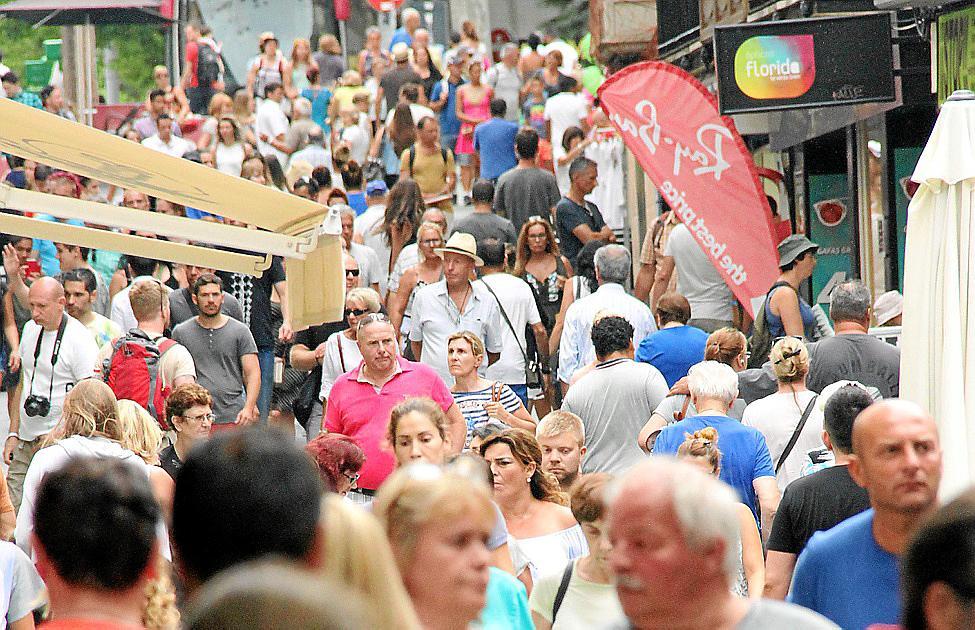
Response to the pandemic has been "to reactivate the sector in any way possible". | Archive
Palma30/04/2022 07:41
Ernest Cañada is a researcher and writer who specialises in responsible tourism. A tutor at the University of Barcelona and researcher at the University of the Balearic Islands, he was a founding member of Alba Sud, an association established in 2002. The three areas of principal concern for Alba Sud are responsible tourism, fair work and the common assets of the land. He took part in a conference in Palma on Thursday and has been speaking about the challenges posed by tourism.

No comments
To be able to write a comment, you have to be registered and logged in
Currently there are no comments.